by Kris Yeomans – Missionary to the Philippines and Niger
She thought it was safe. It had been quiet for a few days. No harassment. No mockery. No abuse. No threats. Yes, it had been quiet for a few days. Peaceful. Farra decided it was time to travel out to a village to collect 5000 francs owed to her. She needed money to buy food for her four children that remained in her custody. They were down to the last bit of millet they owned, and she knew that after they gathered around 2:00 pm to have their one meal of the day, they would have no more food. So she got up from the ground where she had slept, and walked out of the hut into the bright morning sun.
Upon arriving in the village on the outskirts of town, she went to the home of her friend, the one who owed her the money. She reached the old wooden gate of the home where her friend lived. She greeted the three children working in the front yard, and called out to her friend who was still inside. “Annekke….Annekke!” Annekke came out of the house, and the women began to chat, first spending five minutes greeting one another and asking about family, etc.
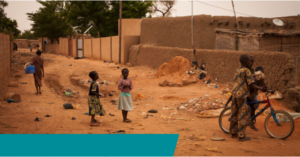 After a few minutes of casual conversation, Farra asked Annekke if she had the 5,000 francs owed to her. “Yes, I have it. I will go inside and get the money,” Annekke replied. As she got up to walk inside, she noticed a large group of people a short distance away. Dust was all around, and the crowd was very noisy. Annekke called over to Farra and said, “Farra, what do you suppose is happening?” Before Farra could respond, she heard a voice that she had hoped she would never hear again. Over the noisy crowd, she heard the voice of her husband call her name loudly – “FARRA!!!!!” Her heart sank as her pulse increased. “OH NO,” she thought. “Someone has alerted my husband that I am here.” As Farra stood from the bench she was seated on, her husband quickly approached her, along with her own mother, and began to physically attack her. Her mother grabbed her by the throat and began choking her, and her husband grabbed her by the shoulders and shoved her to the ground. “How could you, FARRA??!!,” her mother shouted. “How could you do this to our family?! You are a disgrace!” Her husband moved closer to her, as she sat on the ground, weeping. “If you choose to remain a follower of Jesus, you will never see your children again!” With that, he attempted to kick Farra. Thankfully, she got up from the ground quickly and avoided the foot that was aiming for her head. With tear-filled eyes, she looked at her husband and mother, as she was walking away, and said, “You can do whatever you like to me. You can kill me. I am now a follower of Jesus, and I will never turn back.”
After a few minutes of casual conversation, Farra asked Annekke if she had the 5,000 francs owed to her. “Yes, I have it. I will go inside and get the money,” Annekke replied. As she got up to walk inside, she noticed a large group of people a short distance away. Dust was all around, and the crowd was very noisy. Annekke called over to Farra and said, “Farra, what do you suppose is happening?” Before Farra could respond, she heard a voice that she had hoped she would never hear again. Over the noisy crowd, she heard the voice of her husband call her name loudly – “FARRA!!!!!” Her heart sank as her pulse increased. “OH NO,” she thought. “Someone has alerted my husband that I am here.” As Farra stood from the bench she was seated on, her husband quickly approached her, along with her own mother, and began to physically attack her. Her mother grabbed her by the throat and began choking her, and her husband grabbed her by the shoulders and shoved her to the ground. “How could you, FARRA??!!,” her mother shouted. “How could you do this to our family?! You are a disgrace!” Her husband moved closer to her, as she sat on the ground, weeping. “If you choose to remain a follower of Jesus, you will never see your children again!” With that, he attempted to kick Farra. Thankfully, she got up from the ground quickly and avoided the foot that was aiming for her head. With tear-filled eyes, she looked at her husband and mother, as she was walking away, and said, “You can do whatever you like to me. You can kill me. I am now a follower of Jesus, and I will never turn back.”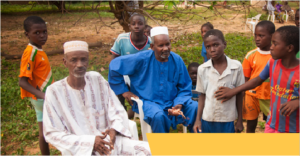
Welcome to the life of Nigerien believers. Stories like this are common in the desolate, hot, sandy nation of Niger, where a vast majority of the people are Muslim. While it is now legal to convert to Christianity, it is anything but easy. Yet in spite of the persecutions, people are switching their allegiance to Christ. The Spirit of God is blowing thru the Sahel.
God is leading us to minister and serve among the people of Niger. Who are the people of Niger? They are some of the kindest and most generous people you will ever meet. They live in the harshest environment we have ever experienced, yet they always seem to have smiles on their faces. They have needs. Real needs. Needs that you and I cannot even begin to imagine. How are they are going to feed their children as they live in a country that is consistently ranked one of the lowest on the human development index? How are their children going to get an education so they can rise above the 29% literacy rate, or keep them out of the hands of the terrorists’ recruiters, or how to manipulate the spirits to keep them safe? In the midst of their sufferings, they need Jesus. They need the hope that only He can offer, not only in the life to come, but in this current life also. Continue reading
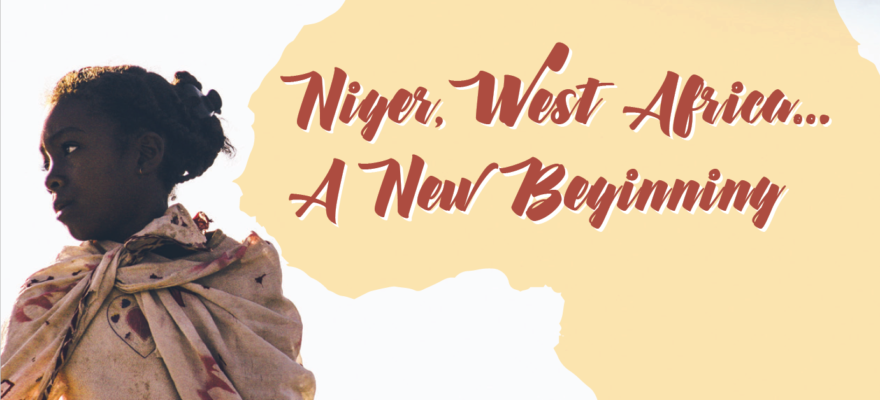
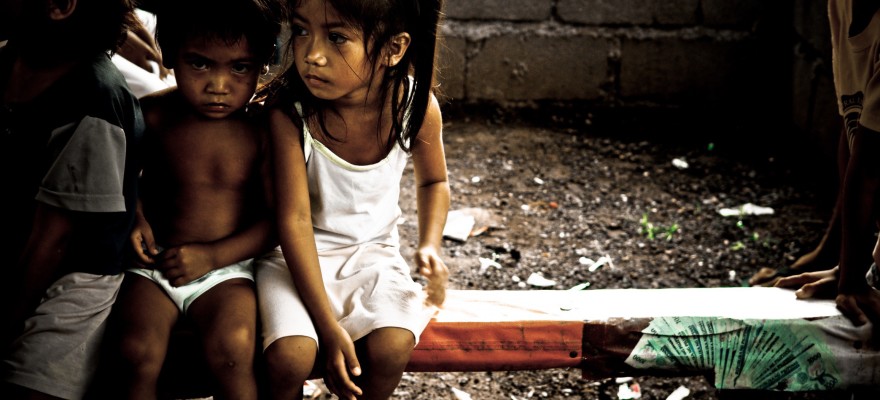
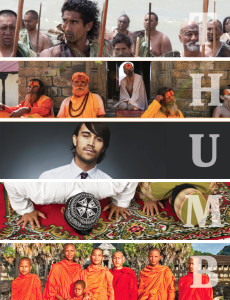 God has gifted General Baptists with varied and unique opportunities to preach the good news that “Jesus tasted death for every man.” Since the time of Benoni Stinson we have been faithful to the call of reaching every person with the gospel of Jesus Christ. The reality, however, is that in the world today there are still six thousand unreached people groups (Joshua Project). The call of the gospel and the command of the Great Commission, not to mention the echo of Benoni Stinson’s voice, is to “go into all the world and preach the gospel.” From Asia to Micronesia to Central America and the Caribbean we have faithfully proclaimed the good news that Jesus has indeed tasted death for everyone. The reality, however, is that there is much more to be done and much more we can do!
God has gifted General Baptists with varied and unique opportunities to preach the good news that “Jesus tasted death for every man.” Since the time of Benoni Stinson we have been faithful to the call of reaching every person with the gospel of Jesus Christ. The reality, however, is that in the world today there are still six thousand unreached people groups (Joshua Project). The call of the gospel and the command of the Great Commission, not to mention the echo of Benoni Stinson’s voice, is to “go into all the world and preach the gospel.” From Asia to Micronesia to Central America and the Caribbean we have faithfully proclaimed the good news that Jesus has indeed tasted death for everyone. The reality, however, is that there is much more to be done and much more we can do!